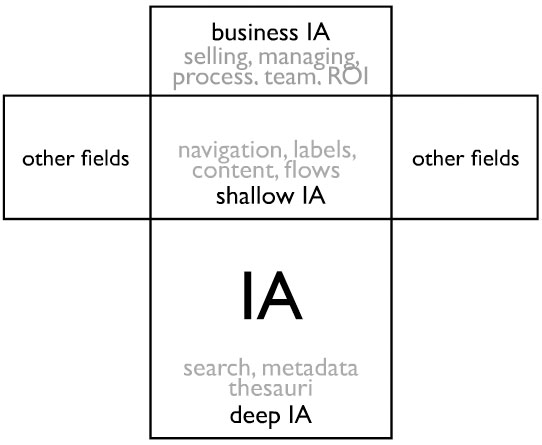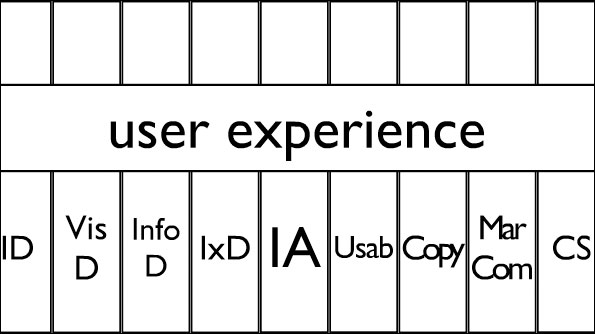"UX, (still) the next step for Information Architects" - Peter Boersma at the Polish IA Summit
This week I’ve been publishing the notes I made in Warsaw as I attended the Polish IA Summit. In the last of my notes, here is my take on Peter Boersma’s closing session.
Peter Boersma - “UX, (still) the next step for Information Architects”
Peter Boersma gave a talk that relied heavily on a presentation that he had given five years ago at the Italian IA Summit. It wasn’t a case of lack of new material, but because the subject matter still seems so relevant. In it, Peter tackled the issue of how the discipline of Information Architecture fits within the broader scope of “user experience”.
He started by showing the Commodore 16 he used to program on as a kid, and explained that he went on to do computer science, but found it unsatisfactory:
“Most people doing computer science are interested in the computers, in the grey boxes with wires coming out of them. I was much more interested on the people outside, using them.”
I think that is as good a definition of why I do what I do as I’ve ever heard.
Peter presented a “t-shaped” model of IA. Going from “deep IA”, to “shallow IA” to “business IA”, the t-shape is made by referencing other related disciplines.

His model of “user experience” was of interlocking t-shapes from various fields like visual design, interaction design and copy writing. Tellingly, one of the updates from the original Italian version was the inclusion of “content strategy” amongst those disciplines.

He then had an analysis of which talks at the Polish IA Summit had fallen into which camps, and having established the professional backgrounds of everybody in the audience, led a rousing confessional chorus of “we are all user experience practitioners”.
Peter finished his talk with a round-up of all of the UX activity around Europe, which is building up to an impressive array of conferences and groups at both the national and international level.
He also said something I wholeheartedly agree with - it is right that national IA Summits like the Polish one have the vast majority of their sessions in their native tongue. Having more sessions in English might broaden the international appeal of the conference agenda, but the point is surely to get a nation’s IAs connecting, networking and discussing their own problem space in their own language. Sure, it means that guests like myself and Peter have to listen to most of the proceedings in translation, but as he put it - “Don’t worry about us”.
Actually - Peter didn’t finish with that - he finished with a sneak preview of some of his slides from UX Intensive next week, but I can’t talk about that without giving away spoilers...
You can view the full set of slides on Slideshare - ““UX, (still) the next step for Information Architects”“.
And finally...
It was pleasing to see a healthy looking UX and web scene in Poland, with an upcoming Startup Weekend in Warsaw and a UX Camp on the way as well. For whatever reason, the country has one of the highest rates of use of the Opera browser and the Linux OS, indicating that amongst their internet users there are a higher proportion than usual prepared to experiment outside the digital mainstream.
I’d like to thank everybody who made me feel so welcome in Warsaw, and especially Wiesław Kotecki and Magda Wolszczak-Protas from Uselab who did so much to organise my trip.